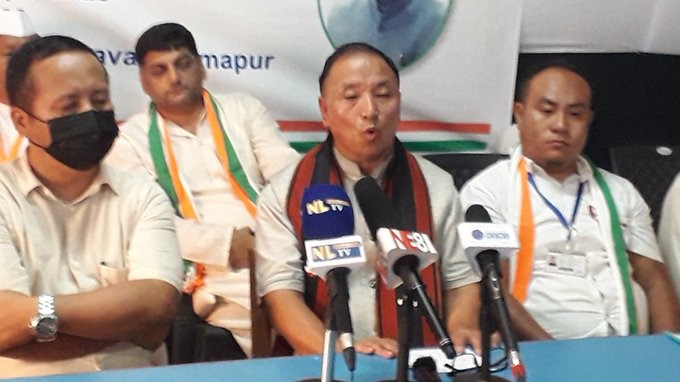WHO revealed around 7 million people die prematurely from the effects of outdoor pollution every single year

There’s nothing quite like opening the door and breathing fresh, clean air – but how clean is the air you’re breathing right now? Unless you are a scientist with a chemistry lab at your disposal, there’s no real way of knowing. The gases you are sucking up your nose could be killing you. According to WHO around 7 million people die prematurely from the effects of outdoor pollution every single year. Air pollution is a huge problem – not just for people living in smog choked cities: through such things as global warming and damage to the ozone layer, it has the potential to affect us all. A report by the WHO states that one third of deaths from strokes, lung cancer and heart disease are due to air pollution.
The first step for drawing up an effective action plan to tackle the threat of air pollution is to monitor air quality followed by identification of sources. Collection and compiling of data and comparing it with available permissible standards will help the citizens, government and policy makers to understand the magnitude of the problem and how far the present level of emissions have risen as compared to the permissible limits.
Status of air quality in Nagaland
The Nagaland Pollution Control Board has been monitoring ambient air quality of two districts in Nagaland: Kohima and Dimapur. There are four air monitoring stations, two in each district. The parameters which are monitored and analyzed includes Respirable Suspended Particular Matter PM 10 (RSPM), Nitrogen Oxide and Sulphur Dioxide. The monitoring of meteorological parameters such as wind speed, wind direction, relative humidity and temperature has also been integrated with air quality monitoring. The monitoring of pollutants is carried out for 24 hours with twice a week frequency to have 104 observations in a year.

Ambient air quality of Dimapur & Kohima 2018:
The data for the year 2018 shows that the gaseous pollutants i.e. Nitrogen dioxide and Sulphur dioxide are within the national standards in both the four monitoring stations. The average concentration of RSPM for Dimapur at Bank Colony station is recorded highest in the month of January with 216 ug/m3, where as in Dhobinala station the highest reading of RSPM was recorded in the month of February with 218 ug/m3. While the average concentration for Kohima during the month of February i.e. Opp. NST office and PWD Junction with the value of 161 ug/m3 and 247 ug/m3. The annual average concentration of RSPM during 2011-2018 shows that RSPM levels exceed the permissible annual average limit of 60 ug/m3.
Sources of air pollution and way forward:
The major sources of air pollution in a non- industrial state like Nagaland can be traced to sources such as road dust from poor roads, filling of potholes with mud which generates dust during the dry season, vehicular emissions further enhanced by traffic congestion, burning of waste, emissions from small scale industries and construction and demolition activities.
What can you do?
· Walk or cycle wherever you can. It does not cause any pollution and will keep your body fit and healthy.
· Encourage your parents and relatives to share transport with their friends and colleagues to produce less pollution.
· Save energy by switching off your lights, fan, computers and TV when they are not in use because energy produced by burning of fossil fuels for generating electricity releases carbon dioxide which causes global warming.
· Instead of burning your plastic waste, give them to material recovery centres (scrap dealers) for recycling. Recycling waste materials use less energy than making new ones.
· Burning of plastic releases dioxins in the air which are harmful for your health. Say No to plastic bags and packaged drinking water. Always carry your water bottle and a cloth/jute bag when you go out.
· Plant more trees. Trees provide us with oxygen we breathe, contribute to good health and reduces air pollution and effects of climate change.
· Sweep the roads nearby to avoid road dust, and avoid filling of potholes with mud which generates dust.

It is the small things done often that make all the difference.
Be a Hero, Beat Air Pollution!
Source: Nagaland Pollution Control Board





